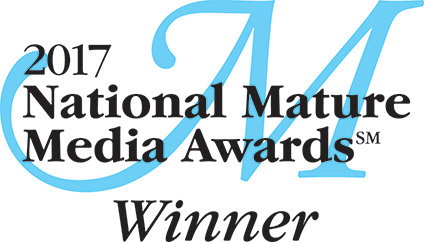Want to be
healthier? Learn how to be happy.
Want to be
happy? Learn how to be grateful.
Happiness is free
and possible for everyone to lure it, capture it, treasure it, and revel in it.
Sought after by rich and poor, young and old, healthy and infirm, happiness is
an intoxicating experience because it allows us to see the world around us
through a positive lens. It is a combat tool for depression and coping with every
day struggles in life. We feel more in control and will likely assume more
responsibility when our mood is elevated. “Instead of narrowing our actions
down to fight or flight as negative emotions do, positive ones broaden the
amount of possibilities we process” says Shawn Anchor in his book The Happiness
Advantage “making us more thoughtful, creative and open to new ideas.”
Gratitude is a
sure fire path to happiness. Sonja Lyubomirsky,
author of The How of
Happiness: A New Approach to Getting the Life You Want, says that
gratitude is “many things to many people” and is “a kind of meta-strategy for
achieving happiness.” It is an acknowledgement, an affirmation of our
self in relation to other people and situations. Even Oprah talks about the
ways she manages to sustain gratitude in her life. She understands its
importance is beyond material things: “You radiate and generate more goodness for yourself when you're aware of all you have and not focusing on your have-nots.” Inspired by Sarah Ban Breathnach’s book Simple Abundance, Oprah kept a
daily gratitude journal where she wrote 5 things she was grateful for each day.
Sarah calls them “heart reflections” and encourages attention to the small
details in your life. It could be as simple as recognizing the beauty of a leaf,
a stranger holding the door for you, the taste of a delicious dessert, having a
good night sleep. It transforms your psyche and builds a positive inner mode of
expression. Sometimes gratitude is also
a response to a negative event that has not fully impacted you. For example if
you tripped and fell, you can be grateful that you did not break any bones, if
you passed a test you can be grateful that you did not fail it, if you chose a
lackluster recipe to make for entertaining friends, you can be grateful that
you planned other tasteful dishes for the gathering.
Many people who have faced crisis
turn to gratitude to change their lives in a new direction. Dana Jennings
writes about his recovery from prostate cancer: “Living in the shadow of cancer
has granted me a kind of high-definition gratitude. I’ve found that when you’re
grateful, the world turns from funereal gray to incandescent Technicolor.” In
fact gratitude is important in alleviating stress and depression because it
builds emotional and
physical wellness.
Dr.
Robert Emmons
author of the book "Thanks! How the New Science of Gratitude Can Make
You Happier” and one of the founders of Positive Psychology, has been studying gratitude for more than a
decade. He conducted
the first major scientific study on gratitude to show how it can significantly
change people’s lives. He demonstrated that people who consistently practice grateful
thinking experience the rewards emotionally, physically and interpersonally. It
impacts our psyche. In the Journal of Gerontology, researchers studying
memory in elderly individuals found that those who read a cheerful newspaper
article about aging and memory did much better than the subjects who read a
pessimistic article.
So the
results are clear. Spending your energy practicing gratitude will lead to a
rise in happiness that will generate a cascade of benefits; quite simply a
better life.
As Alice Herz Sommer, the 109-Year-Old Holocaust
Survivor, says “I know about the bad but I look at the good.”
As we express our gratitude, we must never forget that the highest
appreciation is not to utter words, but to live by them.
John F. Kennedy
John F. Kennedy
Gratitude
is not only the greatest of virtues, but the parent of all the others.
Cicero







No comments:
Post a Comment